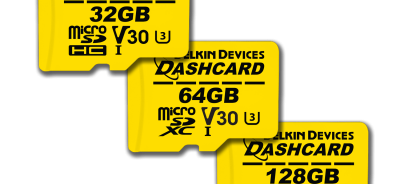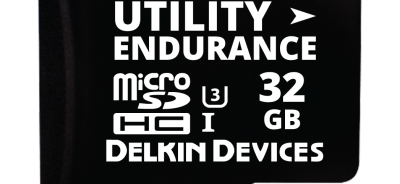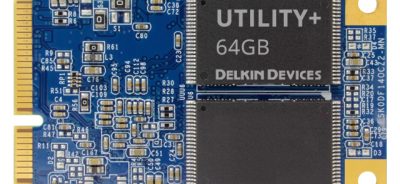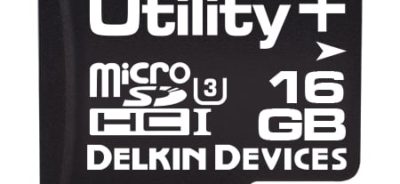Q&A on SMART (Self-Monitoring Analysis and Reporting Technology)
Self-monitoring, analysis, and reporting technology—or SMART—is a feature found on many solid state drives (SSDs) today. The idea behind SMART SSDs is that they alerts users to signs of an impending drive failure, allowing them to take action and protect data before the failure actually occurs. All users can benefit from this kind of forewarning, and for data in industries such as healthcare and transportation, the service SMART provides is indispensible. Here are the answers to questions users frequently have about SMART.
How does SMART work?
Typically, SMART is automatically enabled in a platform’s BIOS (Basic Input/ Output System) and monitors the operations of the system’s storage device, transmitting the information back to the BIOS. The BIOS then determines if the storage device is showing any indications of a potential drive failure. If it is, the BIOS sends a warning message.
SMART also sometimes initiates a periodic series of self-tests. These tests scan the drive for electrical and mechanical performance issues and evaluate the read/write operations. SMART devices that allow for self-testing usually offer a shorter, limited self-test along with a longer, more thorough version.
What does SMART look for?
There is not an industry standard for what specific kinds of errors trigger warnings with SMART. Drive manufacturers can set processes and operational thresholds that are appropriate for their systems. The standards set for drives are called SMART attributes. Letting manufacturers set SMART attributes for their drives accommodates differing concerns, like the different abilities of SSDs to tolerate extreme temperatures. Global SMART attributes would contribute to both over-warning and under-warning.
SMART attributes generally contain the following information:
- Identifier: What the specific attribute is
- Data: Raw data that is processed by an algorithm written by the manufacturer
- Threshold: The point at which failure is possible
- Value: The current attribute health
- Worst: The smallest value ever recorded by the drive
What happens when a SMART warning occurs?
After a SMART warning is sent, what happens next will depend on the operator. Any SMART error can be an indicator that a drive failure is imminent and that backing up data is essential to prevent loss.
If the drive fails before being repaired or replaced, all data, programs, and documents on the drive may be irretrievably lost. Ideally, engineers should have plan in place for dealing with SMART warnings and emergency data backups in order to protect mission-critical information.
The Product Support team at Delkin is available to answer your questions about SMART and the other features of our industrial storage solutions. Contact us or for additional information about our products.
 Login
Login Register
Register












